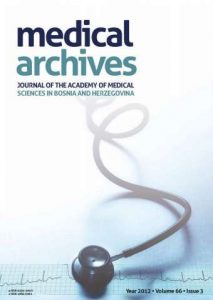The Journal of the American College of Cardiology (JACC) has retracted a recently published paper that questioned the effectiveness of a treatment for irregular heartbeat, against the last author’s wishes.
Andrea Natale, the study’s last and corresponding author and Executive Medical Director of Texas Cardiac Arrhythmia at Austin, took to social media today to express his frustration in the retraction of the July paper, which showed electrical rotors were less effective at fixing irregular heartbeat than other treatments. On Twitter, Natale implied industry played a role in its demise.
However, according to the retraction notice, the paper was felled by problems with randomization; Natale has admitted that some patients were removed from the analysis after one center included them incorrectly.
Here’s the retraction notice for “Impact of Rotor Ablation in Nonparoxysmal Atrial Fibrillation Patients Results From the Randomized OASIS Trial:” Continue reading Author objects to retraction of heart study, implies industry played role
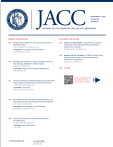
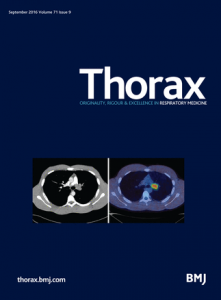
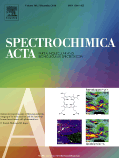
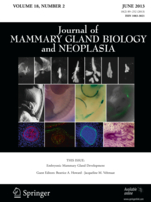
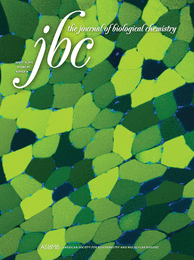


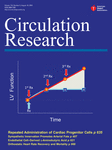 Are there instances when similarities between papers should be fixed by a correction, rather than a retraction?
Are there instances when similarities between papers should be fixed by a correction, rather than a retraction?